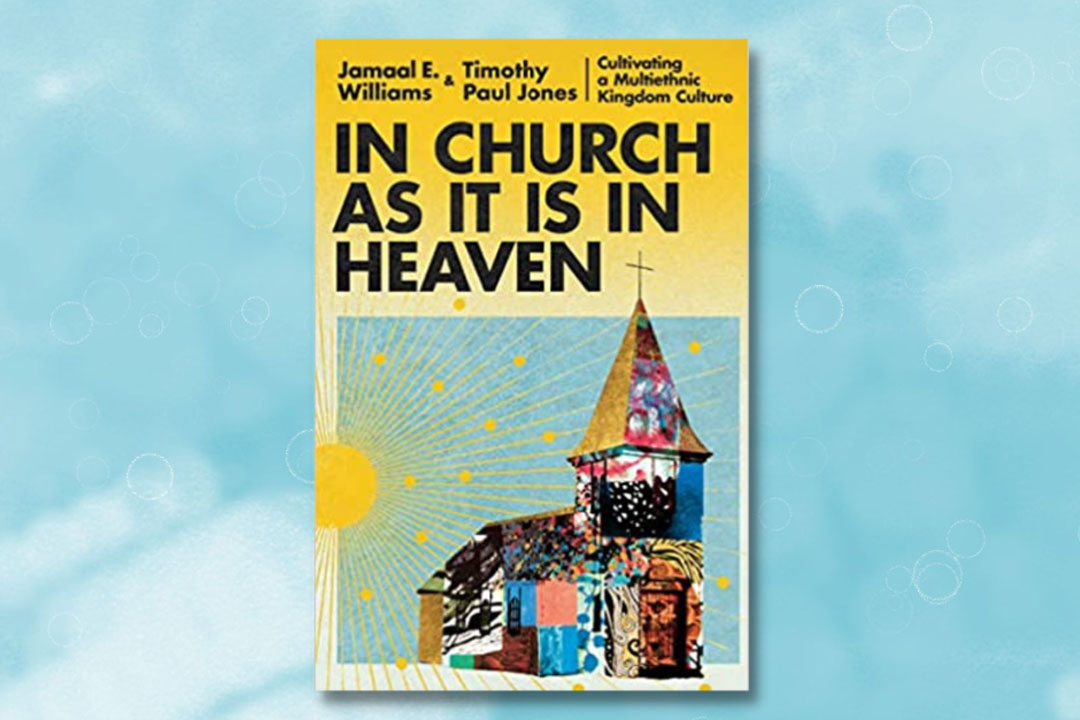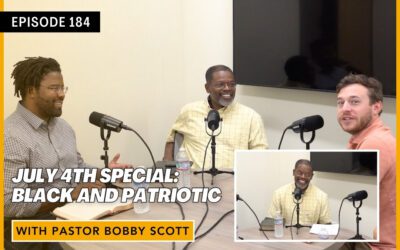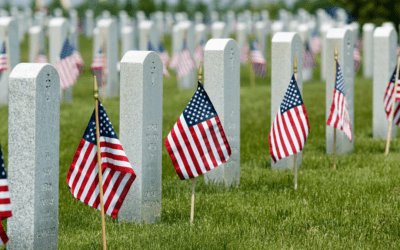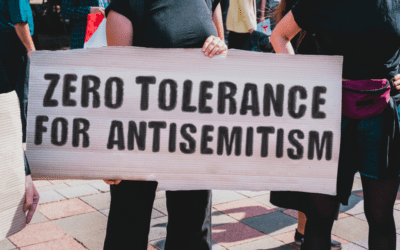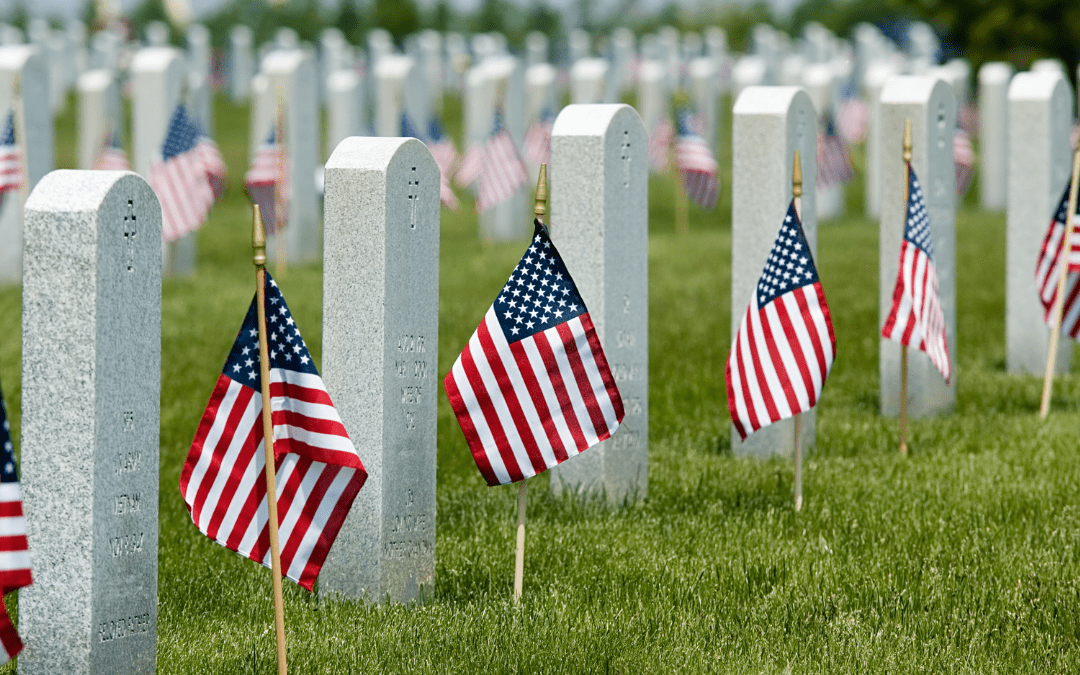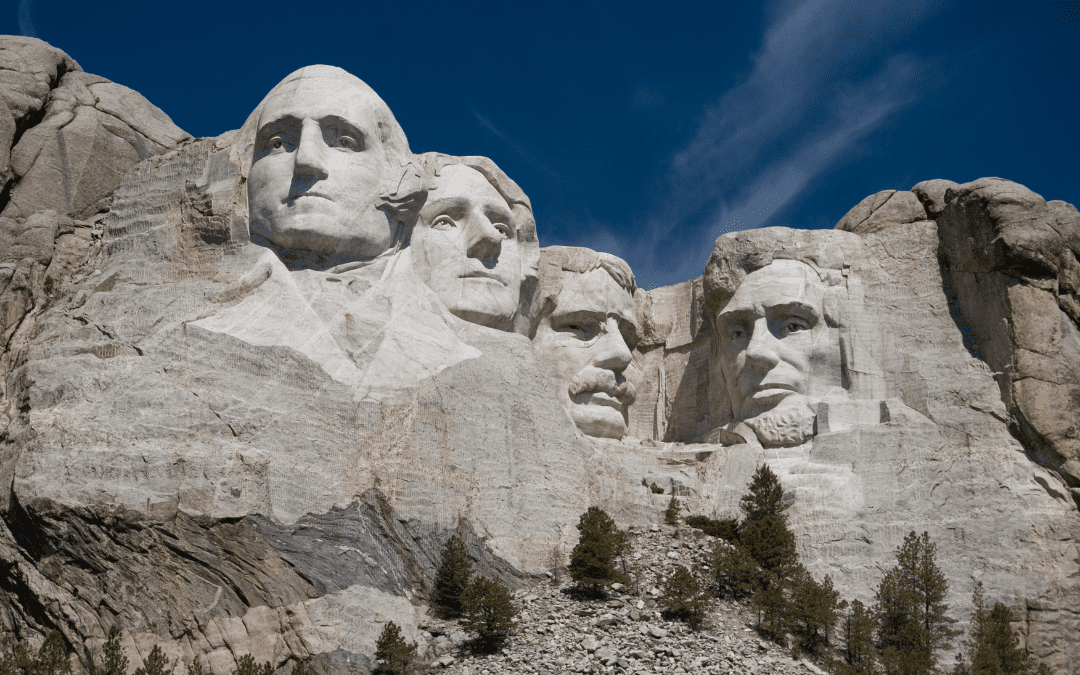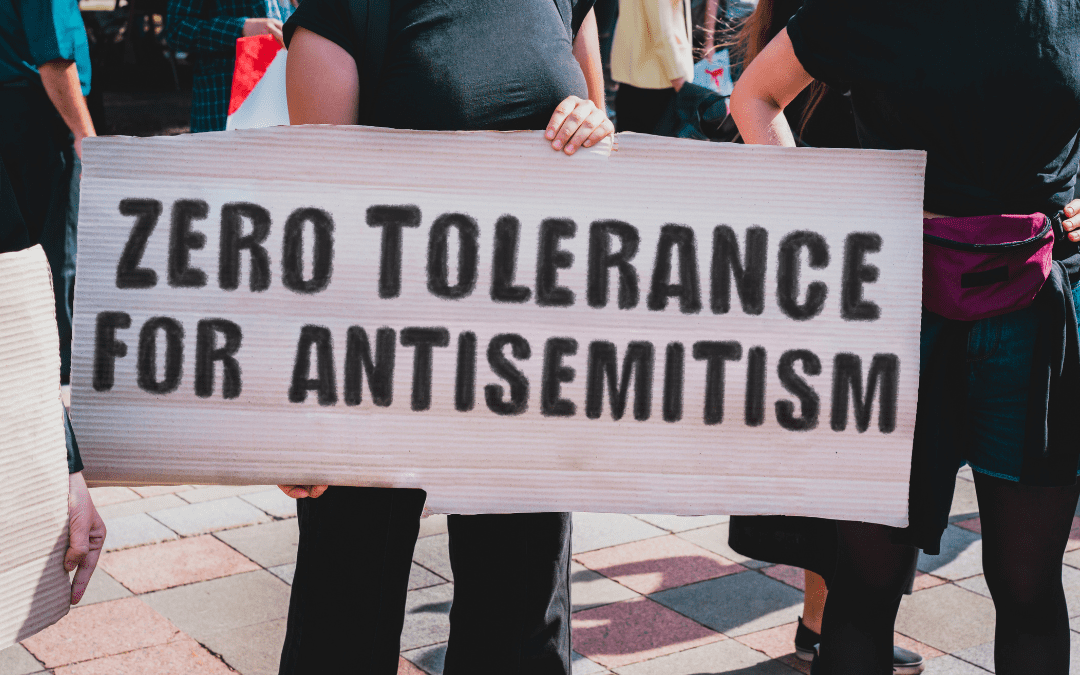In Church as it is in Heaven? It was only several years ago that I had no answer for a question I was often asked: “What should I read on race and ethnic unity in the church?” It wasn’t that there were not good books on race and racism. There were plenty. But many were written by non-Christians or by Christians without a specific aim to build up the body of Christ. That began to change with the release of books like Building a Multiethnic Church by Derwin Gray, New Reformation by Shai Linne, Beyond Racial Division by George Yancey, Redemptive Kingdom Diversity, by Jarvis Williams, and Talking About Race by Isaac Adams.
What these books represent is a rejection of what have been the prevailing strategies for dealing with racism—Colorblindness and Anti-Racism—in favor of a distinctly Christian ethic which recognizes diversity as a gift from God to be cultivated and stewarded.(1)
The latest book to take this approach is a forthcoming volume by Jamaal Williams and Timothy Paul Jones, In Church as It Is in Heaven (Downers Grove, IL: IVP, 2023). In many ways, this book picks up where Jarvis Williams left off.(2) Williams’ book is a Biblical survey of diversity, with a few practical applications to our present moment at the end. Williams and Jones are pastors and have written this book with the goal of applying the same theology to life together in the local church. They are practitioners, which comes through in all the best ways. But they are quick to point out that they do not have everything figured out. What they offer is a robust defense of why this approach matters and several decades of combined experience in working it out in a particular church body.
Real
One thing that makes this book jump off the page is that the authors center their discussion on ethnic unity within a specific context of racial unrest. The authors pastor a church in Louisville, within a few miles from where Breonna Taylor and David McAtee were killed. They pastored through protests and through all the hurt and distrust their congregants were bringing with them to church every week. The ideas in this book are not mere abstractions, and the authors have skin in the game. You can trust their words as coming from pastors, not armchair theologians or hot-take artists.
Hopeful
Despite being honest about the state of racial unrest in America and the lack of ethnic unity in our churches, this book will not leave you in despair. Williams and Jones pick up on what Derwin Gray calls, “Being Color-Blessed” and what Jarvis Williams calls, “Redemptive Kingdom Diversity.” Williams and Jones call it “Multi-Ethnic Kingdom Culture.” This is the positive vision for redeemed diversity that replaces the frameworks of colorblindness and secular anti-racism.
As opposed to color-blindness, Williams and Jones embrace ethnic diversity as a good thing which does not result in a flattening of differences, but an appreciation of them. As opposed to anti-racism, it is far more ambitious. Often, anti-racism aims for diversity, equity, and inclusion. But Williams and Jones point out that one can have those things without love, the central virtue of Christian ethics. They truly believe that such a culture is possible, and will leave you with hope for how we might get there.
Practical
As pastors, Williams and Jones understand the importance of liturgy. If that is not a church word you’re familiar with, liturgy is basically a holy habit meant to cultivate a specific affection within a Christian’s heart. The problem behind our lack of ethnic unity, according to Williams and Jones, is a lack of love. To solve this, they offer a series of liturgies to stir the affections of Christians to provoke reconciling, hospitable love.
They offer liturgies on lament, generosity, peacemaking, hospitality, and communion. These are not perfunctory actions. These are examples of corporate undertakings which have been worked out in a specific local church. If you are a church leader, there is much here for you to try with your own church. If you are a church member, you will find fuel for your personal devotion to grow your love of God and the image-bearers He has given you to love.
Conclusion: In Church as it is in Heaven
We received advanced copies of this book to see if it would be something United? We Pray might endorse. Both Isaac and I read it shortly after receiving it. I happened to finish it first and texted him, “Bro, this book is center of the bullseye for us.” What I meant is that UWP seeks to be Biblical, helpful, clear, and hopeful in all that we write and say. Our mission is to help Christians pray and think better about racial strife. In both its goal and approach, this book is about that same kind of work. I hope you will get this book and be blessed and encouraged with a positive vision for building up the unity of Christ’s multi-ethnic bride.
1. For a detailed explanation for why colorblindness and secular anti-racism fall short, listen to this interview with George Yancey.
2. It should be noted that Williams and Jones do not ignore or gloss over Jarvis Williams’ work. Jarvis Williams is a member at their church, and his influence will be obvious to readers who are familiar with him.
Prayer Requests:
- Thank God for the good work being done to address centuries-old patterns of sin in our society and churches.
- Pray for more Christians to understand ethnic unity as an imperative to faithful Christian living.
- Pray for more churches to exemplify this “Multi-Ethnic Kingdom Culture,” and give us all the wisdom to live it out.

